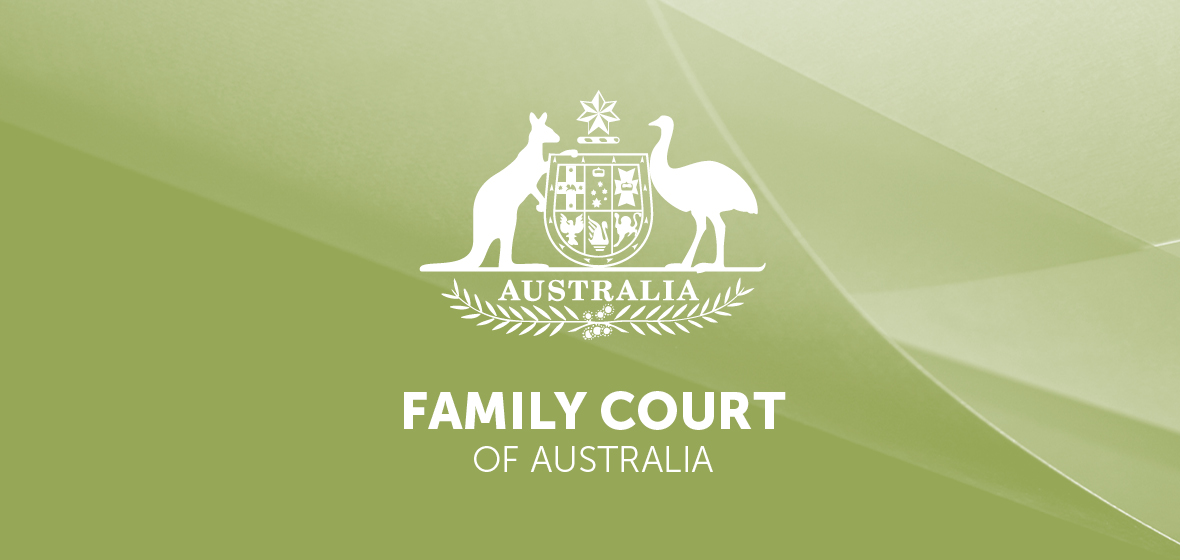Key decisions
- Dunst [2014] FamCA 964
- Stevens [2015] FCCA 63
- Kristoff & Emerson [2015] FCCA 13
- Somerville (No. 2) [2014] FCCA 2439
Children – Mother took children into hiding, fearing father posed a threat to their lives – He to spend no time with the children – Suppression order
In Dunst [2014] FamCA 964 (11 November 2014) a mother had taken five children into hiding while the father was imprisoned due to her fear that the ‘father threaten[ed] their lives’ (at [2] and [8]).
Austin J, found that the father did pose risks of harm to the children ‘which he either deceptively denied or of which he was bereft of insight’ such that there ‘was no safe alternative but to eliminate all personal contact between the father and the children’ (at [4]). Austin J said that the ‘eldest two reject the father outright, either through contempt or fear, but the youngest three’ had ‘more positive memories and attitudes towards him’ but also ‘ambivalent feelings’ (at [56]). His Honour continued (at [61]-[63]):
‘Restoration of the three youngest children’s relationships with the father would most likely benefit them, but there is no utility in setting about restoring such relationships if other evidence powerfully motivates a contrary outcome. There would almost certainly be countervailing emotional disturbance for the two eldest children and the mother if the three youngest children’s relationships with the father were restored, which is a consideration properly addressed under s 60CC(3) of the Act. Moreover, while children usually benefit from both the development and maintenance of good relationships with both their parents, that benefit is annulled when such relationships are abusive (see U v U [2002] HCA 36 … at 285-286; M v M(1988) 166 CLR 69 at 76) … )’ The Court found that an order could not ‘safely be made’ for the children to spend unsupervised or supervised time with the father ([145]-[146]) but did order ([151]) that he may communicate in writing with the children so as to facilitate any prospect of reconciliation. The Court said that the suppression order and injunctions would ‘impede the father’s ascertainment of the mother’s residential location and, if he learns of it anyway, prohibits his attendance at or near [their] home and the children’s schools’ (at [153]).
The Court (at [155]) dismissed the father’s application for permission to obtain details of the children’s medical treatment and school progress ‘as it would compromise the mother’s ability to maintain the secrecy of her residence [which would be disclosed in the children’s medical records and school reports]’.




